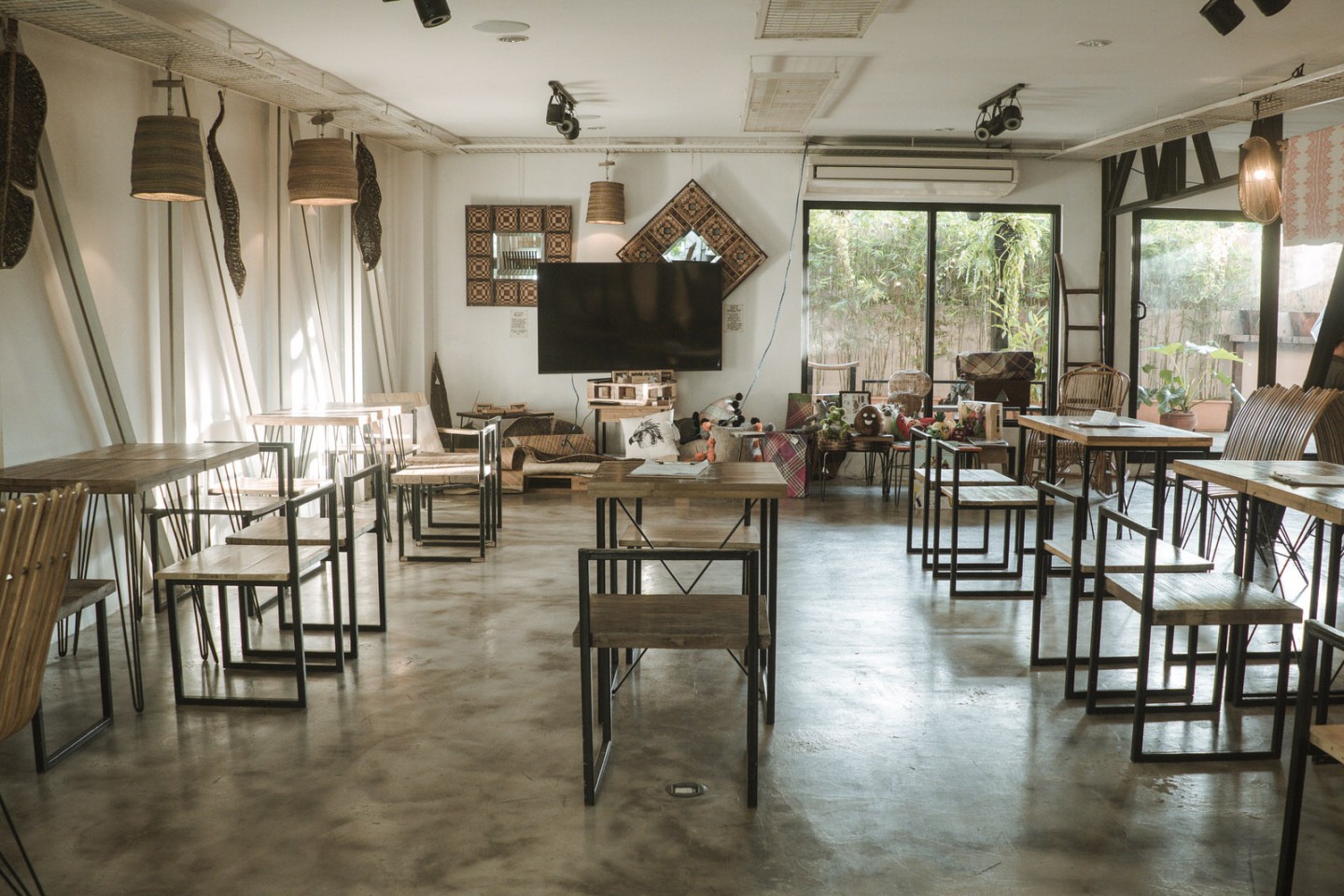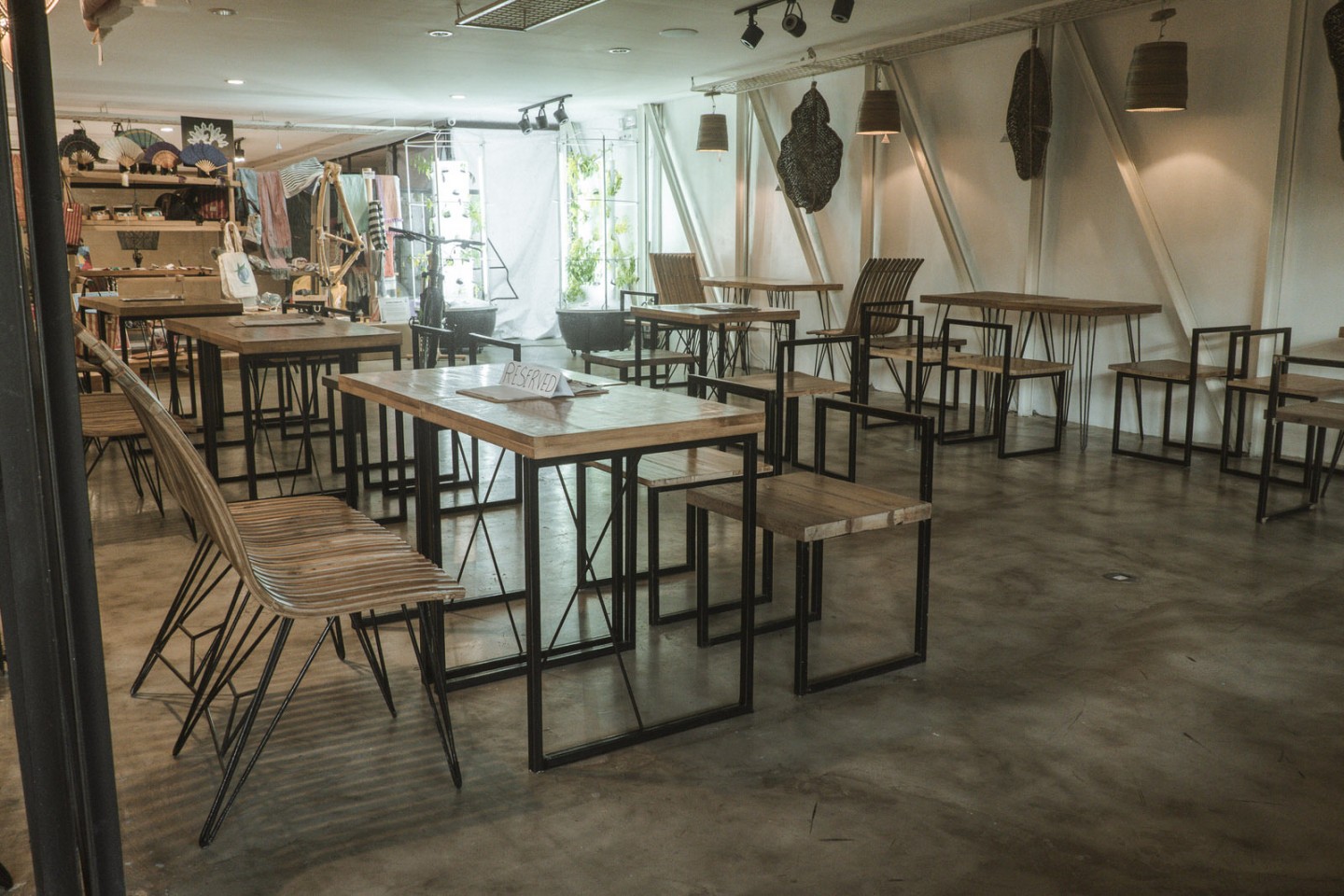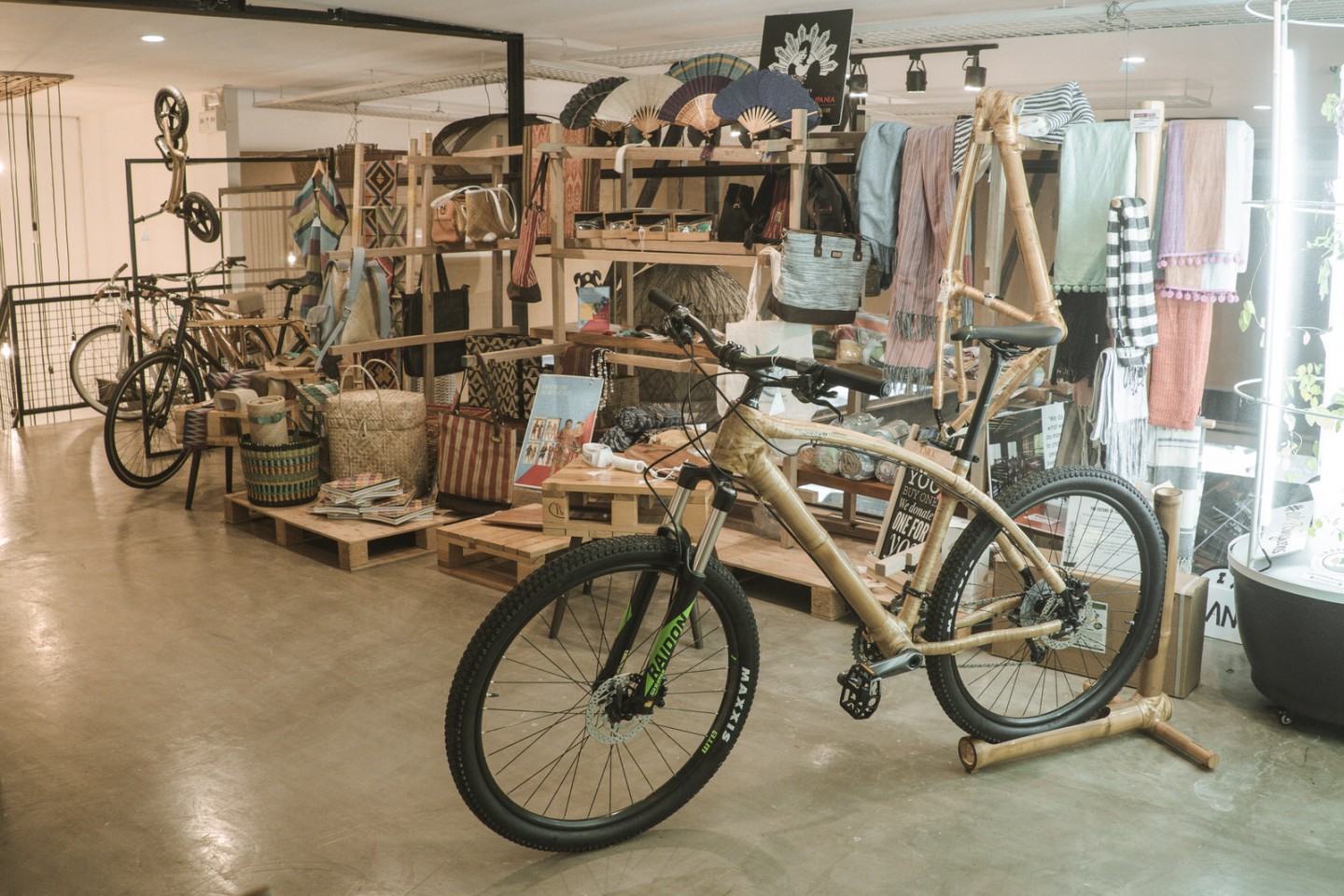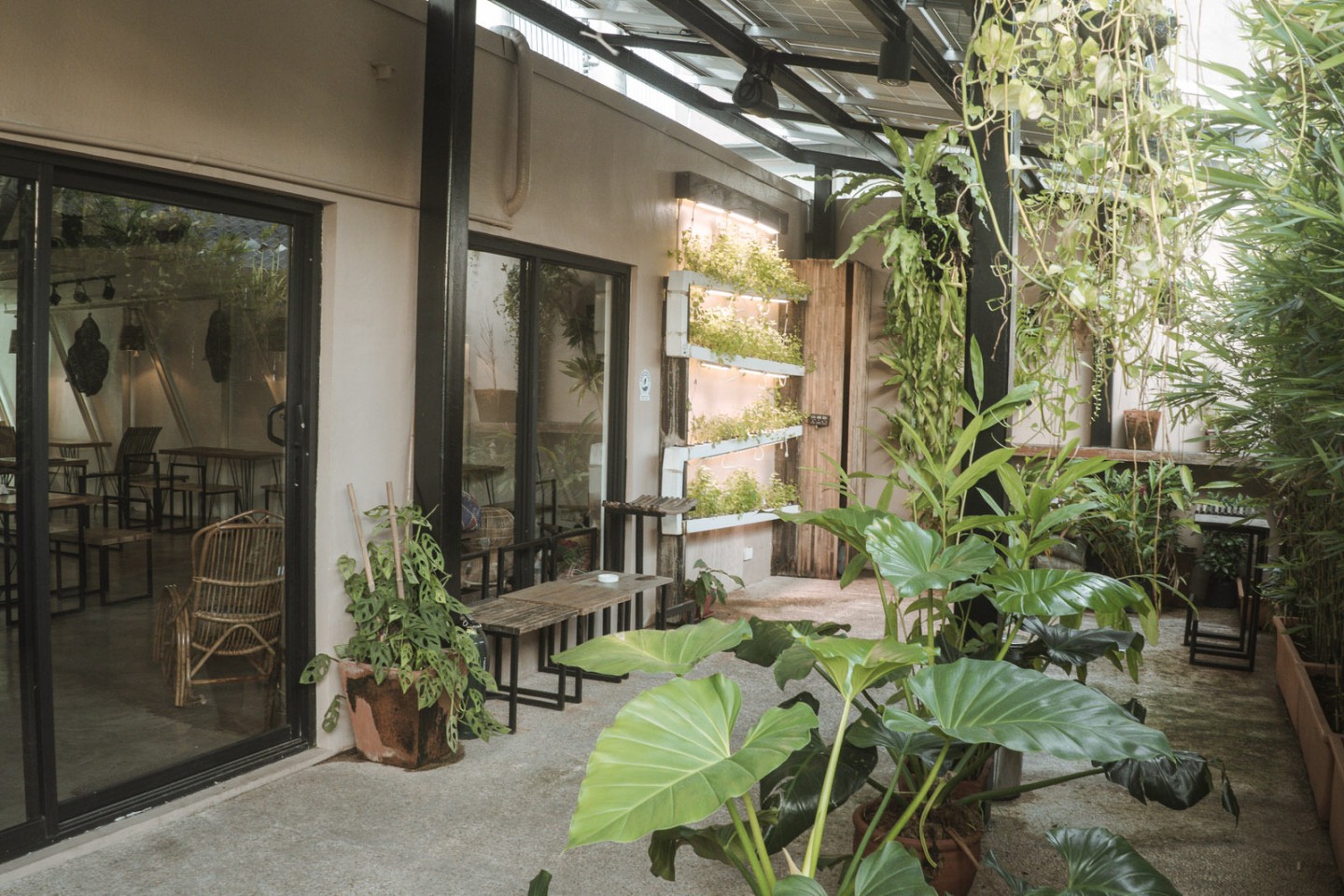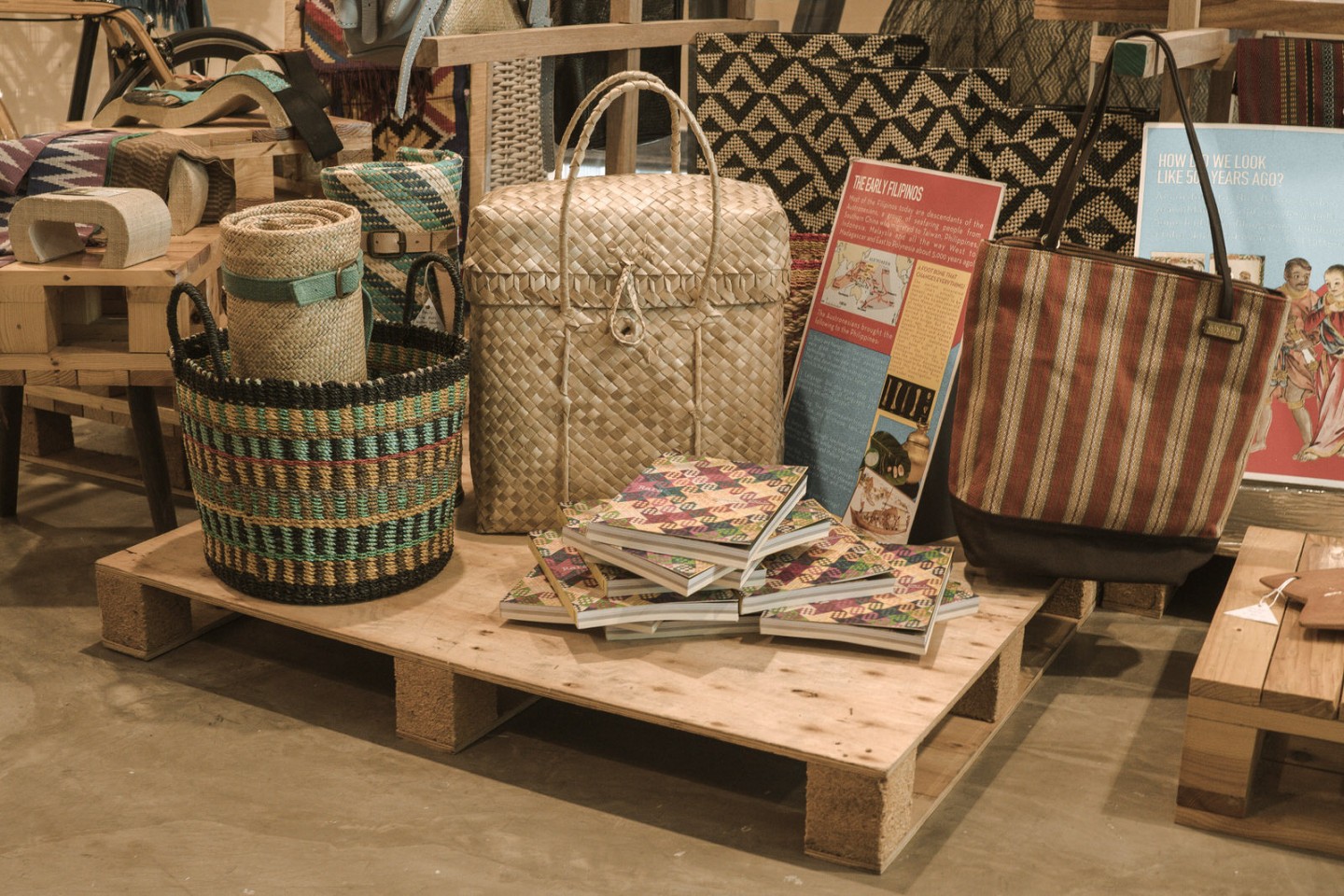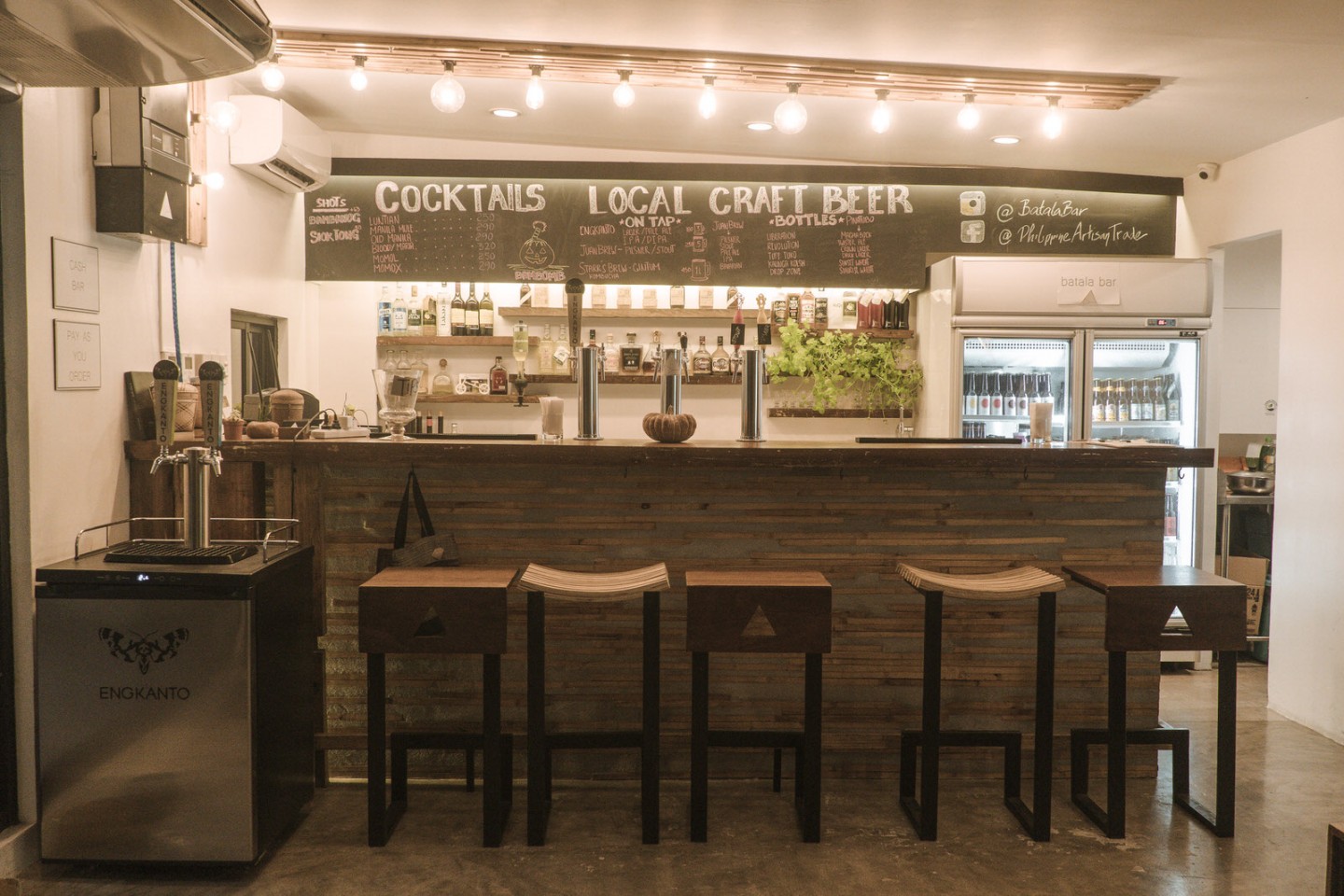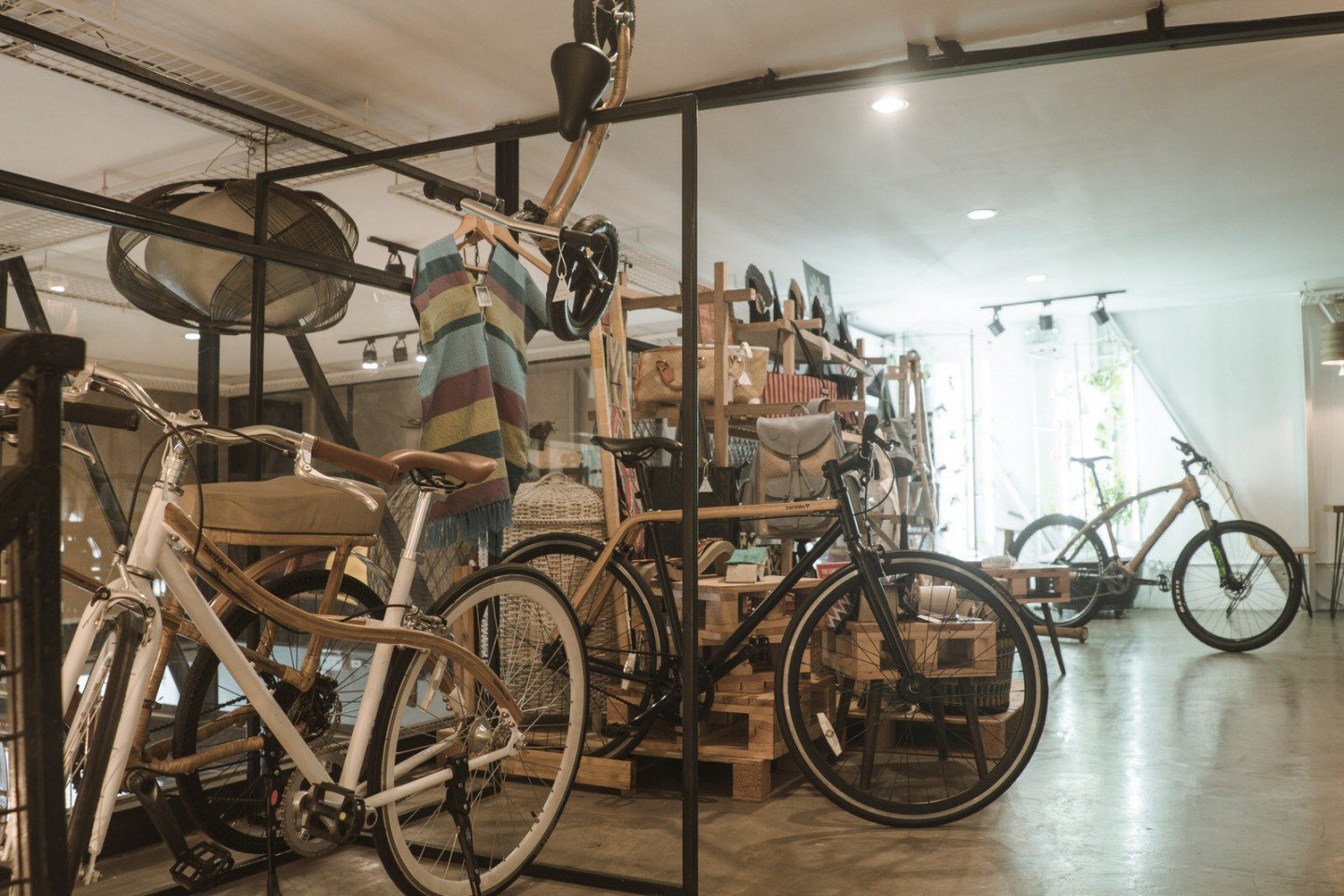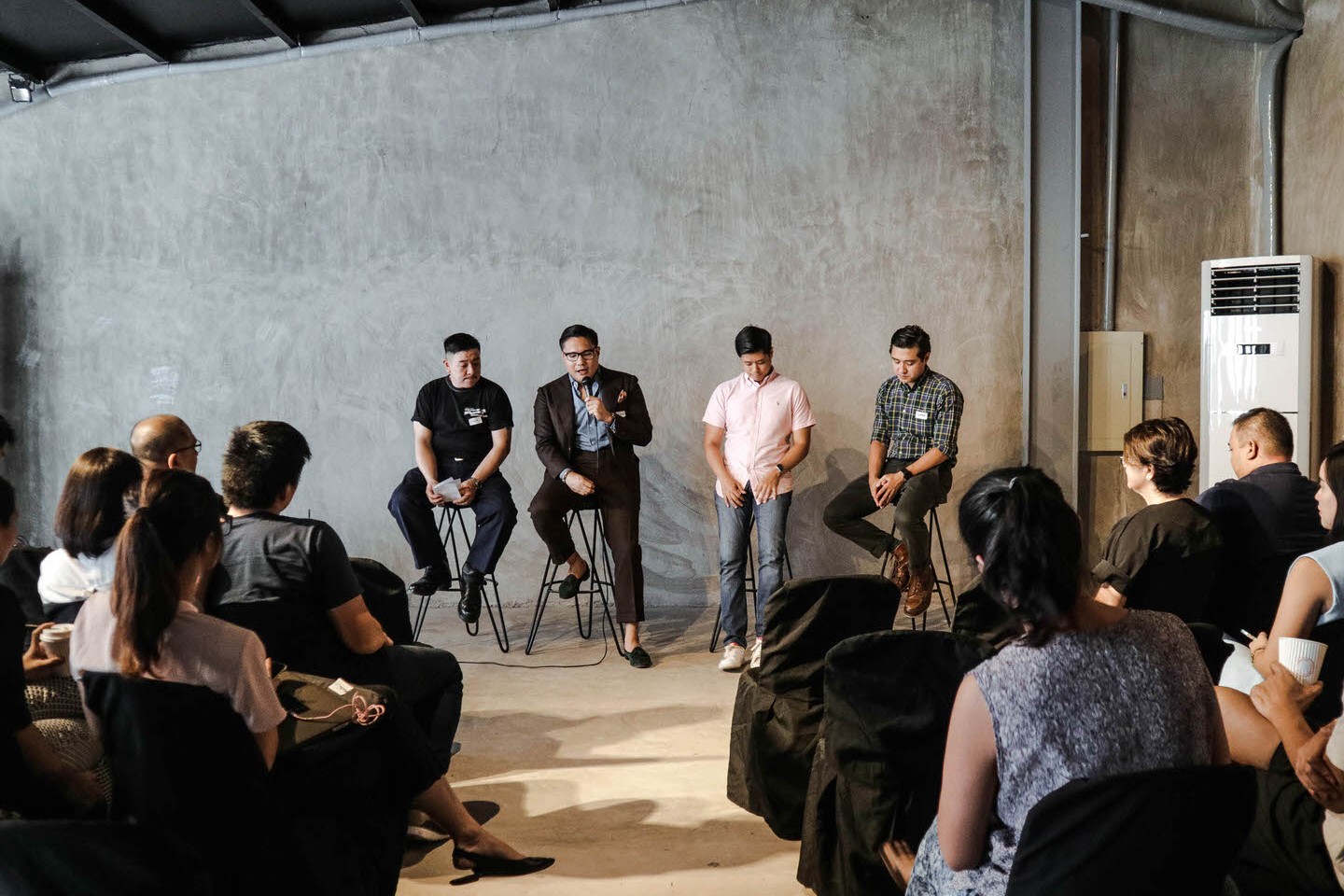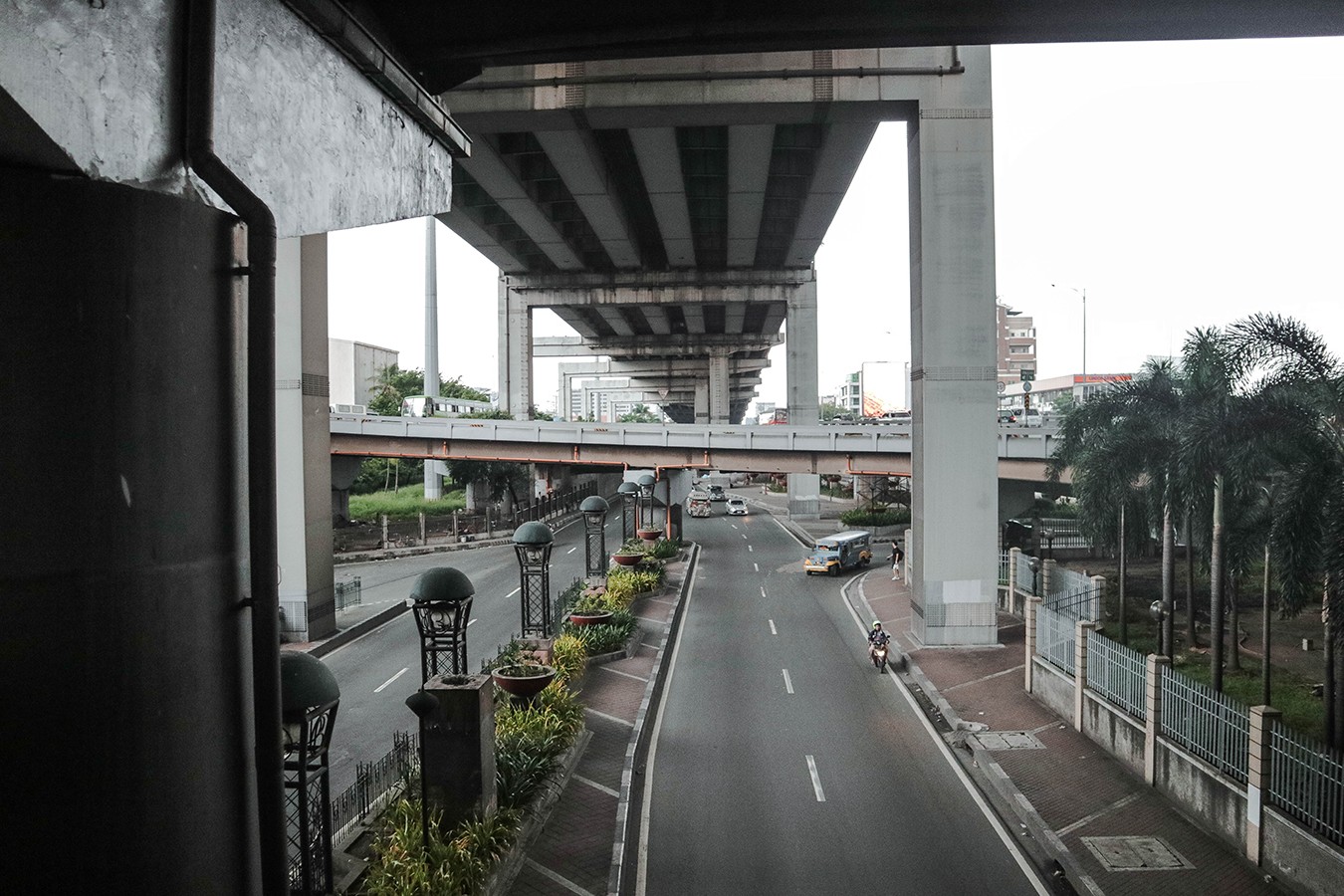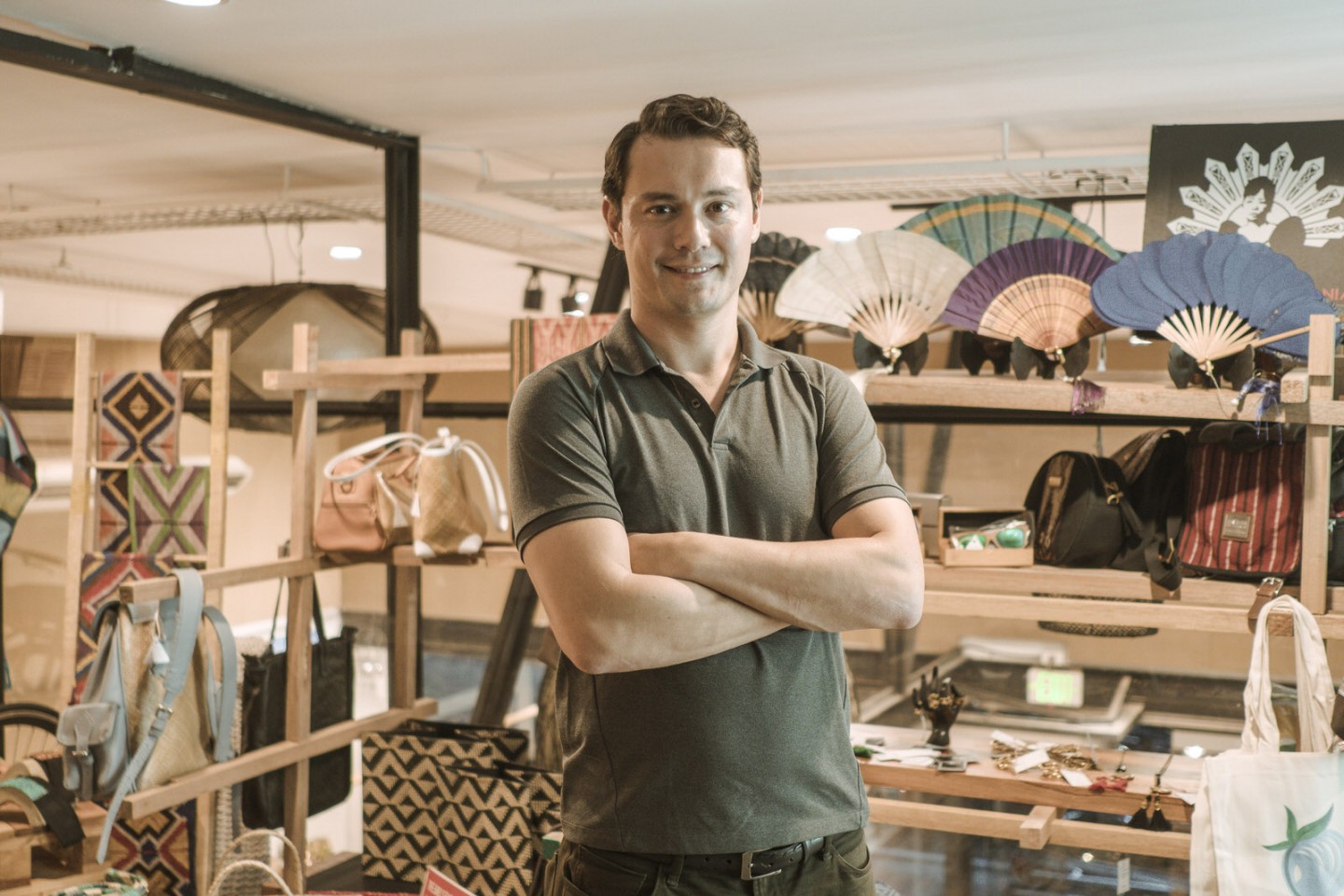
When people talk about business, the conversation is usually marred by negative connotations of capitalism and unfair practices for profit’s sake. But this isn’t always the case. Philippine Artisan Trade is one of many who wants to change this perception.
Grounded on the concept of being a pro-Philippines social enterprise, Philippine Artisan Trade aims to help local artisans and communities have the venue and platform for market access. Through this, various indigenous communities are given the opportunity to sell their products in a downtown location—at the heart of Makati’s Central Business District—giving them a source of livelihood and at the same time elevating Philippine craftsmanship to locals and foreigners alike.
While social enterprises are often thought of as difficult undertakings, Philippine Artisan Trade believes that knowing your why is key to braving it. “It’s very important to understand and hold on to why you’re getting in it in the first place because entrepreneurship, right off the bat, is not easy,” Bryan McClelland, Marketing and Communications Director of Philippine Artisan Trade shared.
The challenges are double when it comes to establishing and maintaining social enterprises, but he believes that this shouldn’t be a reason to stop. “Know your purpose and develop a business model around that. The community is how you get things done, their product is what you do, but why you do it will be the glue that holds it all together,” he said when asked about an important piece of advice he can share.
How exactly do they do it at Philippine Artisan Trade? At the organization’s core is the drive for sustainability anchored on three pillars: people, planet, progress.
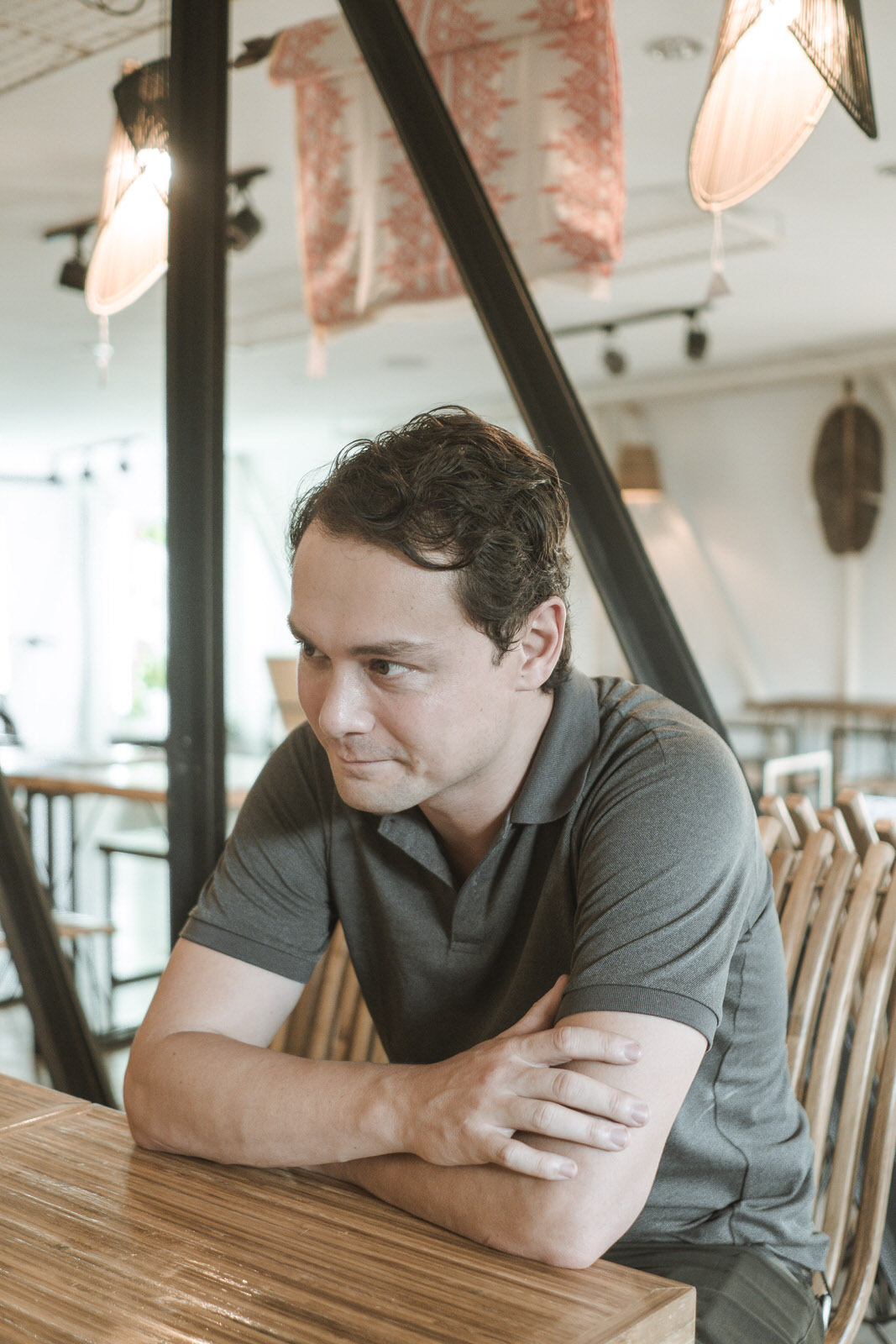
People
Philippine Artisan Trade puts emphasis on fair trade, ensuring that their suppliers and artisans have their say and are well taken care of. “Giving an indigenous community that doesn’t even have proper access to electricity the opportunity to sell their products to a wider audience and providing them fair wages for the work that they do are very important to us,” said Bryan.
They make sure that they establish genuine relationships with these communities and are committed to being a channel to facilitate sustainable livelihood development. “Knowing the producers of the product is already half of its story. When I can point to that lamp and know that I’ve personally been to the place where they built it in Negros, it’s more satisfying to me. I know that my peso is going to someone tangible and reachable—someone I can visit and talk to.”
Planet
They also aim to work on renewable resources and do their part on lessening their carbon footprint. Their in-store furniture are made out of engineered bamboo or reclaimed wood. In addition to that, they use a solar energy system to power their operations throughout most of the day. A hydroponics system is also set up inside their space. This provides them a constant supply of mint to be used in drinks in the Batala Bar—a complement to the gallery-bar concept that Philippine Artisan Trade is.
(Their signature drink, MOMOL, which means Mojito Mojito Lang uses mint harvested from their hydroponics system.)
Progress
Inclusive growth among all their stakeholders is important for Philippine Artisan Trade. Their goal is to drive greater demand for the products so that the artisans from local communities will continue to produce and be able to participate in the modern economy and not be left in the fringes.
“We want to be able to provide an assurance to our countrymen that they can send their kids to school and feed their families—these are realities that they don’t have the luxury of knowing day by day,” Bryan underscored when asked about the importance of their advocacy to the bigger picture.
Lastly, they want to showcase a different way of what “made in the Philippines” means from being mere souvenir products to well-crafted local goods—may it be weaves from Mindanao, rocking chairs from the Dumagat tribe of Angat, or hacienda crafts from Negros.
In the long run, the goal is to encourage more Filipinos to support their own countrymen’s products—encapsulating the desire to earn with a purpose for people, the planet, and progress.
Philippine Artisan Trade / Batala Bar
830 Arnaiz Avenue, Makati City, Metro Manila, Philippines 1223

